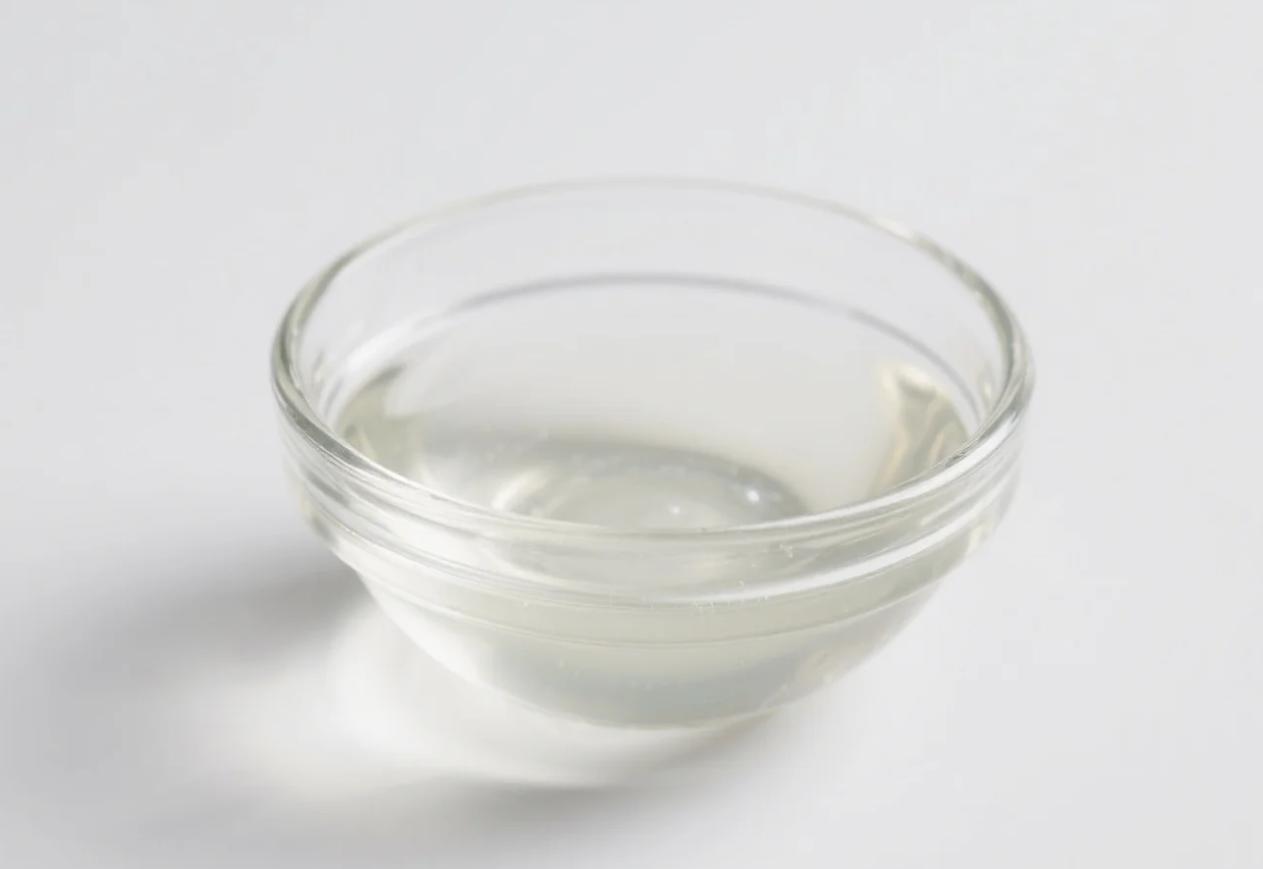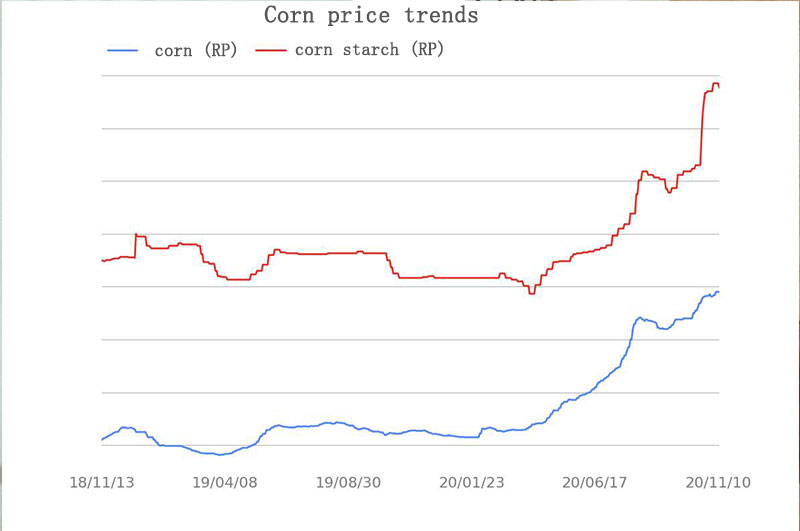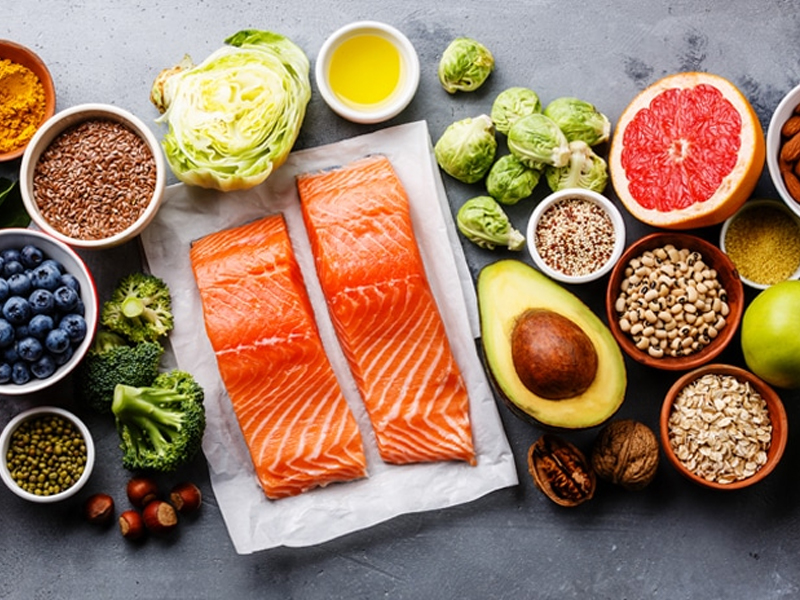Amid the chaos of conflicting nutrition advice, organic glucose syrup—a pure, plant-derived carbohydrate—has sparked debate. Is it a quick-energy lifeline for athletes or a blood sugar villain? Let’s cut through the noise with science-backed clarity.
1. What Makes Glucose Syrup Unique?
Glucose syrup is a concentrated liquid form of glucose, the body’s primary fuel. Unlike table sugar (sucrose), it contains 0% fructose, bypassing the liver strain linked to high-fructose sweeteners. Organic versions, sourced from non-GMO corn or cassava, exclude synthetic pesticides and solvents.
2. The Good: When Glucose Syrup Shines
Rapid Energy Rescue
- Hypoglycemia Relief: A 15g dose raises blood sugar faster than orange juice (American Diabetes Association), critical for diabetics during crashes.
- Athletic Performance: Used in intra-workout gels, it replenishes glycogen 30% quicker than sucrose, delaying muscle fatigue.
Gut-Friendly Applications
- Medical Formulas: Preferred in pediatric electrolytes for easy absorption in sensitive stomachs.
- Fermentation Aid: Fuels probiotics in kombucha without feeding harmful yeasts (unlike honey).
Clean-Label Advantage
- No Hidden Fructose: Unlike agave or HFCS, it won’t contribute to fatty liver disease.
- Vegan & Allergy-Safe: Free from dairy, gluten, and top allergens.
3. The Bad: Risks to Mind
Blood Sugar Spikes
- High Glycemic Index (GI 100): Rapid glucose surges can strain insulin response if overconsumed.
- Obesity Link: A 2023 Nutrition Reviews study tied excessive refined glucose intake to visceral fat gain in sedentary adults.
Dental Concerns
- Cariogenic Potential: Feeds oral bacteria like Streptococcus mutans, though less than sucrose.
4. The Organic Difference: Mitigating Risks
Conventional glucose syrup often carries glyphosate residues and GMO concerns. Organic certification ensures:
- Non-Toxic Sourcing: Protects against endocrine-disrupting pesticides found in non-organic corn.
- Eco-Enzymes: Uses natural enzymes like non-GMO amylase, avoiding synthetic processing aids.
- Low Heavy Metals: Rigorous soil testing minimizes arsenic/lead contamination common in conventional crops.
5. Who Should Use It—and How?
| Scenario | Benefit | Safe Dose |
|---|---|---|
| Endurance Athletes | Delays “hitting the wall” | 30–60g/hour during exercise |
| Diabetics (Type 1) | Fast hypoglycemia correction | 15g as needed |
| Busy Professionals | Mental clarity during crunch times | 10g in morning coffee |
| Bakers | Prevents ice crystal formation in ice cream | Replace 20% sugar |
Avoid If: You’re sedentary, insulin-resistant, or prone to cavities without oral care.
6. Science-Backed Alternatives for Balanced Use
- Pair with Fiber: Mix organic glucose syrup with acacia fiber to slow absorption.
- Timing Matters: Consume post-workout when muscles are primed to uptake glucose.
- Choose Organic Liquid Forms: Less processed than powdered dextrose, retaining trace minerals.
7. Expert Insights
Dr. Lena Carter, MD, Functional Nutritionist:
“Organic glucose syrup isn’t inherently ‘good’ or ‘bad’—it’s a tool. For active individuals, it’s invaluable. For others, moderation and pairing with nutrients are key.”
Glucose Syrup in Context
Organic glucose syrup isn’t a health food, but a strategic resource when used wisely. Its benefits hinge on your lifestyle, goals, and consumption context. By choosing organic and respecting dosage, you harness its energy without the downsides of refined sugars.
Fuel intentionally. Thrive balanced.
Recommended Product
Organic Glucose Syrup
Natural Sweetener & Functional Ingredient for Food, Beverage & Confectionery


